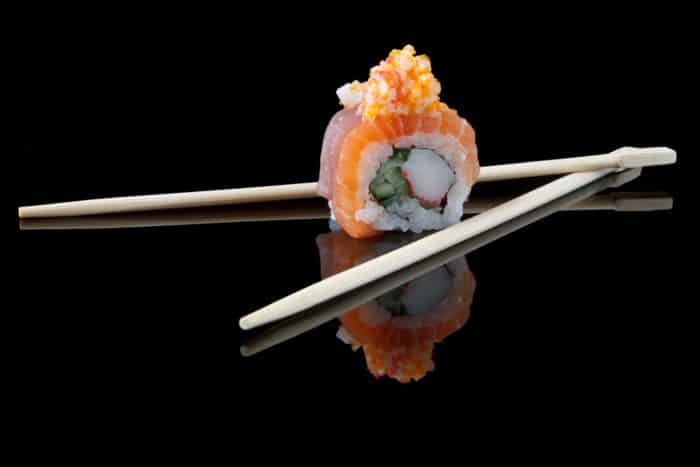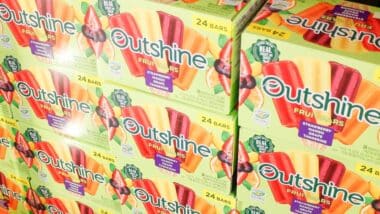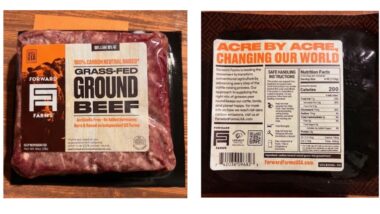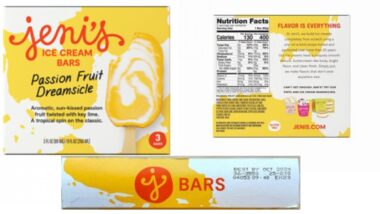
Lead plaintiff Chansue Kang alleged in the 2015 class action lawsuit that the popular American-Chinese restaurant baited consumers into buying products with promises of crab, but switched the final product for ones without any crab meat.
Kang says various P.F. Chang’s dishes contain “Krab Mix,” an imitation crab. The plaintiff alleged that he and others paid a premium for the P.F. Chang’s items and would not have paid so much had they known the food contained fake crab.
The restaurant wanted to nix the P.F. Chang’s fake crab class action lawsuit, arguing that the word “krab” is used on its menu to describe the products.
P.F. Chang’s argued that the use of the word “krab” in its menu is “fanciful” and that no reasonable consumer would confuse the krab mix used in the sushi roles with real crab. Reasonable consumers would also not be deceived, according to the motion, because the menu uses the word “crab” to describe items that actually contain crab meat.
According to the P.F. Chang’s fake crab class action lawsuit, the plaintiff and other consumers relied on the restaurant’s description of the product, in this case sushi rolls, when making the purchase. The plaintiff claims that the description in the menu would make a consumer believe that the product contains real crab meat.
“When purchasing the Food Products from P.F. Chang’s, Plaintiff relied on Defendant’s misrepresentations on the menu,” alleged the complaint. “Plaintiff would not have purchased the various Food Products had he known that Defendant’s representations were false and misleading.”
P.F. Chang’s claimed that menu descriptions do not constitute advertising under California law.
“Plaintiff alleges P.F. Chang’s restaurant menus falsely represent and advertise the Sushi Rolls contain crab meat by using the words ‘Krab Mix,’ when in fact, no crab meat was present,” state’s the restaurant’s motion to dismiss. “However… restaurant menus are not advertisements under [California law.]”
Kang sought to represent a Class of California residents who purchased P.F. Chang’s products containing krab mix. The plaintiff also sought to represent those in New York and Florida. P.F. Chang’s argued that the plaintiff could not adequately represent Classes of consumers from those states.
U.S. District Court Judge Percy Anderson ordered the P.F. Chang’s fake crab class action lawsuit be dismissed with prejudice, meaning the plaintiff cannot fix his complaint and resubmitted it to court.
Benihana Teppanyaki, as well as RA Sushi and Haru restaurants, have faced a similar fake crab meat class action lawsuit over various “krab” mixes included in the sushi rolls it sells.
Have you been duped by fake crab meat? Tell us your story in the comments below!
The plaintiff is represented by Kenneth H. Yoon, Stephanie E. Yasuda, Brian G. Lee of Yoon Law APC.
The P.F. Chang’s Fake Crab Class Action Lawsuit is Kang v. P.F. Chang’s China Bistro, Inc., Case No. CV 19-02252 PA (SPx), in the U.S. District Court for the Central District of California.
ATTORNEY ADVERTISING
Top Class Actions is a Proud Member of the American Bar Association
LEGAL INFORMATION IS NOT LEGAL ADVICE
Top Class Actions Legal Statement
©2008 – 2026 Top Class Actions® LLC
Various Trademarks held by their respective owners
This website is not intended for viewing or usage by European Union citizens.















10 thoughts onP.F. Chang’s Fake Crab Class Action Gets Tossed
add me
Add me
Please add me
Add me please
Add me
Please add me.
I show it was fake by set the meat on fire…
I know that, it is fake
Please add me
I told them it was imitation they said no
Yes it’s imitation crab meat but we are supposed to believe it’s real crab. There us a huge difference in fish meat aka fake crab and real crab meat.